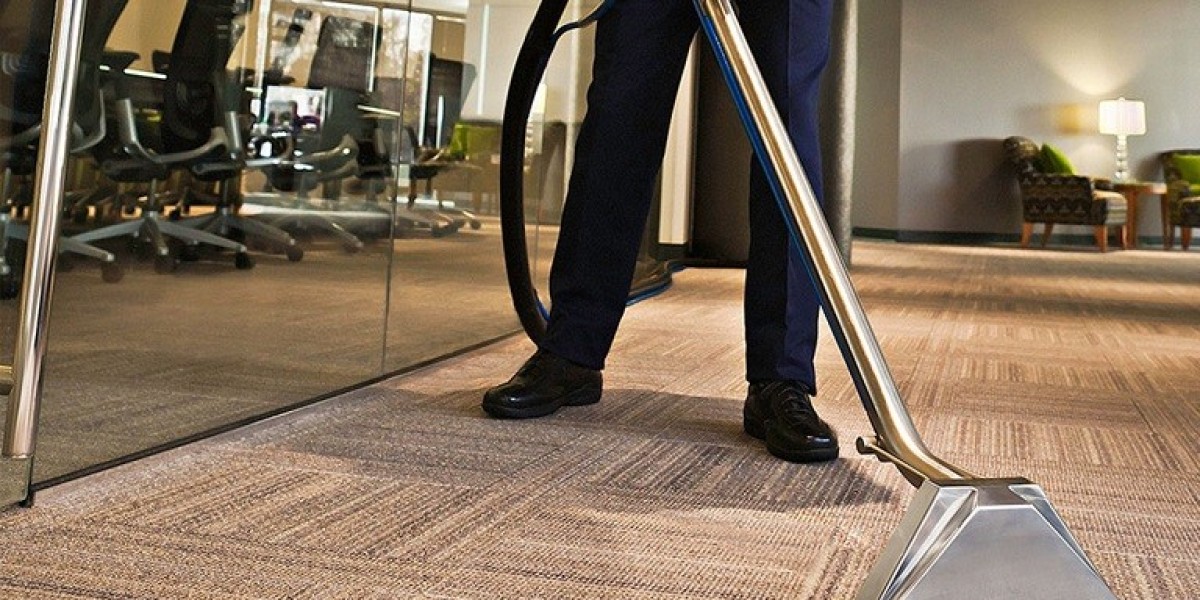Unlock the Secret to Finding Your Perfect Swimming Pool Pump!
Choosing the right swimming pool pump is crucial for maintaining your pool's hygiene and efficiency. A well-functioning pump not only ensures clean and clear water but also enhances your overall swimming experience. With a variety of pumps available on the market, from single-speed to variable-speed options, the choices can be overwhelming. Understanding how each type impacts pool maintenance and enjoyment is essential. This article aims to guide you through the process of selecting the perfect swimming pool pump tailored to your unique needs.

Understanding Swimming Pool Pumps
A swimming pool pump is the heart of your pool's circulation system. It is responsible for moving water through the filter, removing debris and contaminants, and ensuring proper sanitation. The main types of pumps include single-speed, variable-speed, and dual-speed pumps. Single-speed pumps operate at a consistent speed, which can be efficient for smaller pools but may lead to higher energy costs. Variable-speed pumps, on the other hand, allow you to adjust the speed based on your needs, leading to significant energy savings over time. Dual-speed pumps offer a middle ground, providing two operating speeds for different tasks. Understanding these functionalities helps you choose a pump that aligns with your pool's requirements.
Factors to Consider When Choosing a Pump
Several key factors influence the selection of a swimming pool pump. First, consider your pool size and water volume; larger pools typically require more powerful pumps to maintain circulation. Energy efficiency is another important consideration, as pumps consume considerable electricity. Look for pumps with high-efficiency ratings to minimize operational costs. Additionally, noise levels can be a concern, especially if your pool is near living areas. Assessing the flow rate—how much water the pump can move in a given time—and head pressure, which is the pump's ability to push water against resistance, is also crucial in making an informed choice. Each of these factors plays a vital role in ensuring your pump operates effectively.
Benefits of the Right Pool Pump
Selecting the appropriate swimming pool pump can yield numerous benefits. For one, it significantly improves water clarity, reducing the chances of algae and bacteria growth. A suitable pump can also lead to lower energy costs, as efficient models use less electricity while maintaining optimal circulation. Moreover, a well-chosen pump can extend the lifespan of your pool equipment, as it operates within the required parameters, reducing wear and tear. Notably, the right pump can enhance your overall swimming experience, making your pool a more enjoyable space for family and friends.
Common Mistakes to Avoid
When purchasing a pool pump, many people make common mistakes that can lead to dissatisfaction. One frequent pitfall is underestimating the required pump capacity; a pump that is too small will struggle to circulate water effectively. Additionally, overlooking maintenance needs can lead to premature pump failure. It’s essential to consider the long-term implications of your purchase, including how often you will need to clean or replace parts. To avoid these mistakes, take the time to research and assess your specific pool requirements, ensuring you select a pump that meets your needs without compromising on efficiency or performance.
Key Takeaways for Swimming Pool Pump Selection
In summary, choosing the right swimming pool pump is vital for maintaining a clean and enjoyable swimming environment. By understanding the different types of pumps and considering key factors such as pool size, efficiency, and maintenance, you can make an informed decision that enhances your pool experience. Remember to assess your specific needs and avoid common pitfalls to ensure long-term satisfaction with your pump purchase. With the right pump in place, you can enjoy crystal-clear water and a refreshing swimming experience all season long.








